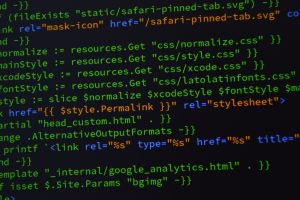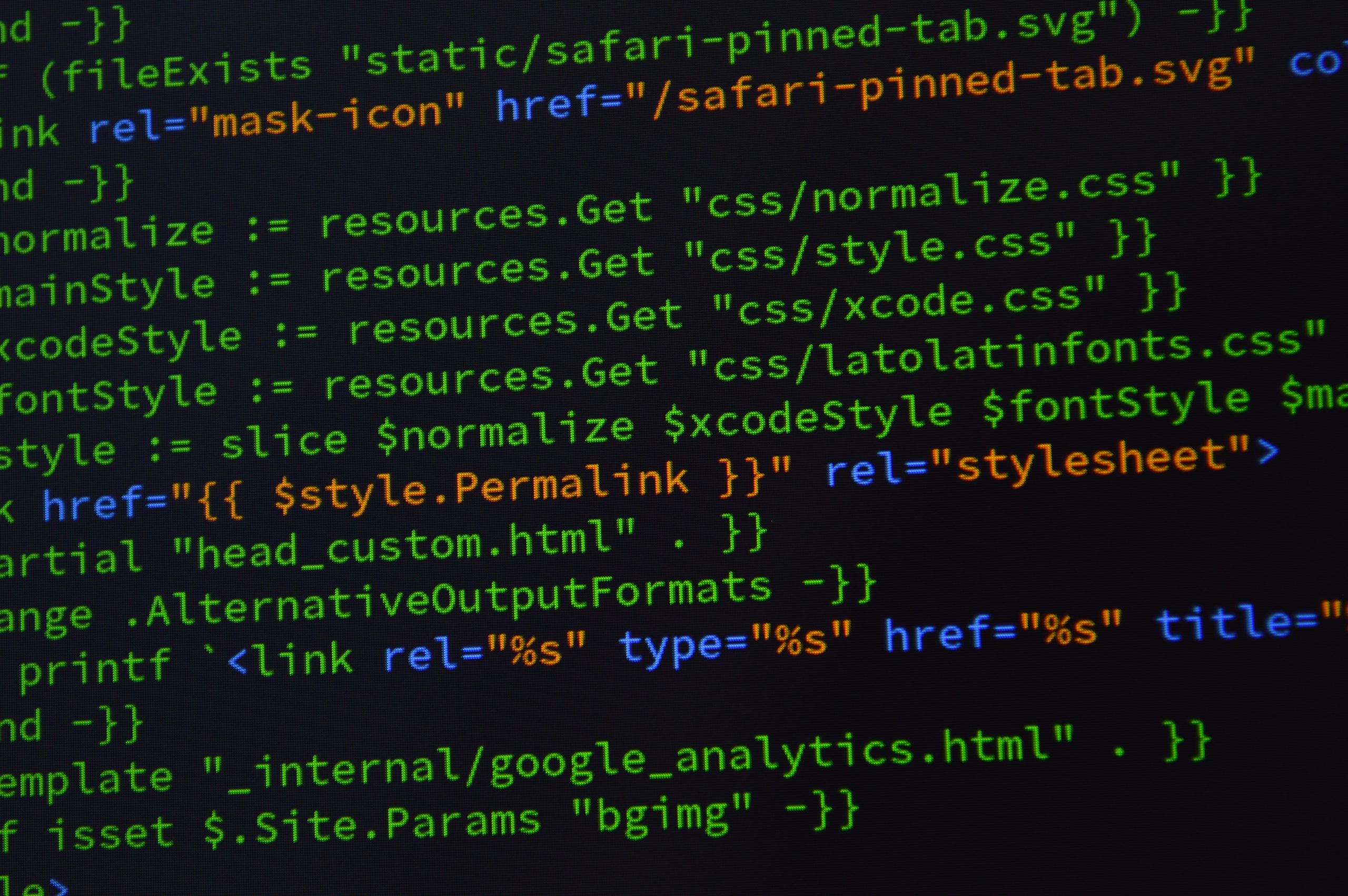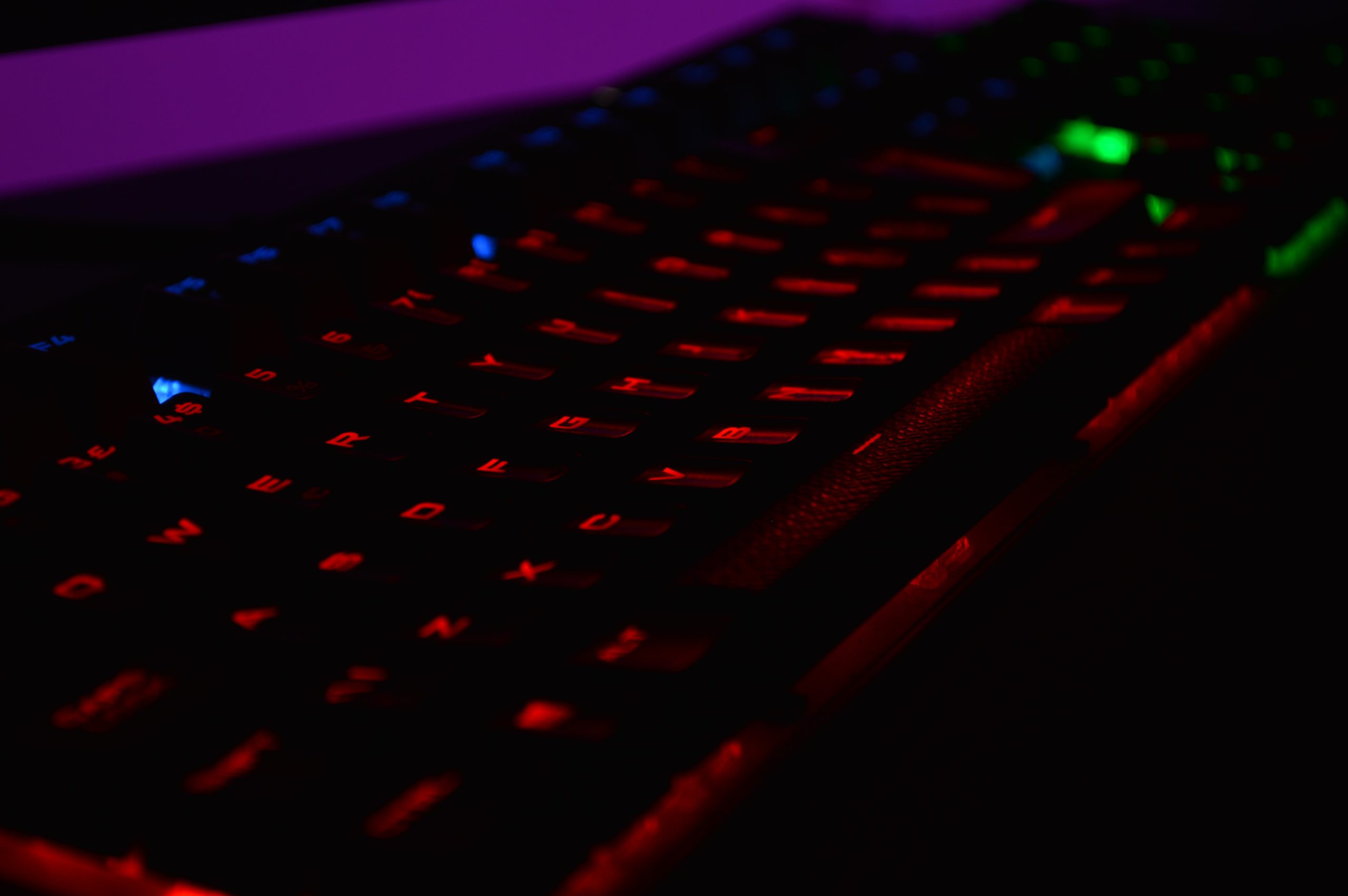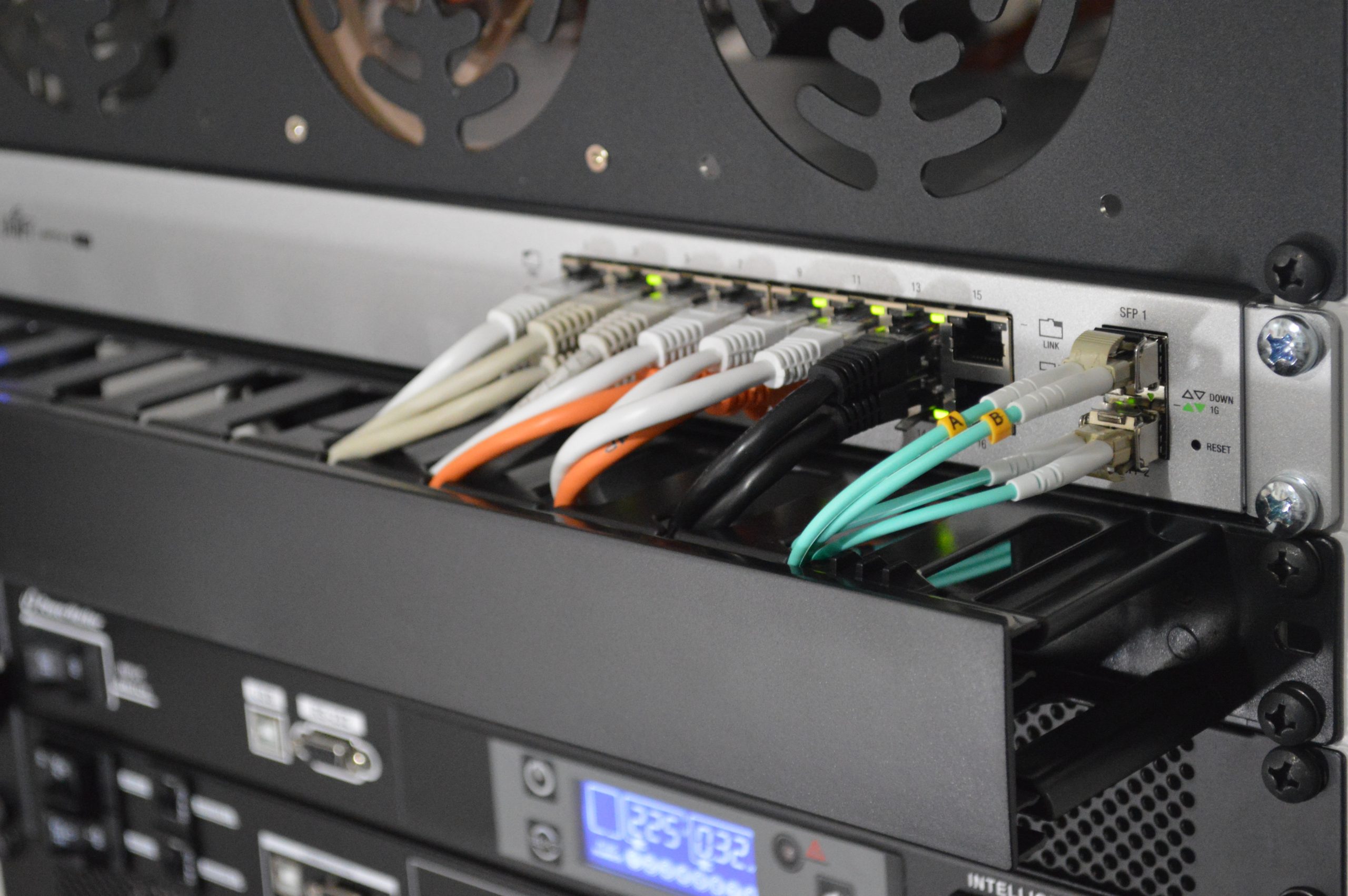If you’ve dipped your toes into the world of cybersecurity, anonymity, or online activism, you’ve likely heard about Linux. But what exactly is Linux, and why does it matter to you? Let’s unravel the mystery together in a conversational style.
At its core, Linux is an operating system (OS) – just like Windows or macOS. An OS is a powerful software that manages all other software and hardware on a computer. But Linux is not just any OS. It’s a free, open-source operating system, which means its source code is accessible to anyone who wants to see or modify it. This openness makes Linux a sandbox for those who love to explore, experiment, and learn.
You might be wondering, “Wait, did you just say it’s free?” Absolutely! You can download and install a Linux distribution (or “distro”) without spending a dime. This is a stark contrast to Windows or macOS, which often come with a hefty price tag or are limited to specific hardware.
Now, the term ‘Linux’ actually refers to the kernel – the core part of the OS. The kernel acts as a bridge between your computer’s hardware and its software. It was created in 1991 by a chap named Linus Torvalds (hence the name, Linux). Around this kernel, a whole ecosystem of software has been built to form a complete OS, and these varying collections of software make up different Linux distributions. Some of the popular distros include Ubuntu, Fedora, and Debian, each with its own unique features and benefits.
One of the biggest advantages of Linux is its flexibility. Don’t like how your desktop looks? Change it! Don’t like how a piece of software works? Modify it! With Linux, you have the freedom to customize and control almost everything about your computer. It’s like being given a box of Lego – you’re only limited by your imagination.
And let’s not forget about security. Linux is widely regarded as one of the most secure operating systems around. Its open-source nature means there are countless eyes looking at the code, so vulnerabilities are often spotted and fixed quickly. This, coupled with the fact that you need to give explicit permission for software to make changes to your system, makes Linux a fortress against many common cyber threats.
In summary, Linux is more than just an operating system. It’s a world of exploration, customization, and learning. It’s a tool for those who value security, control, and freedom in their digital life. Whether you’re an aspiring activist, a privacy enthusiast, or just someone who loves to tinker, Linux might just be the perfect playground for you.







